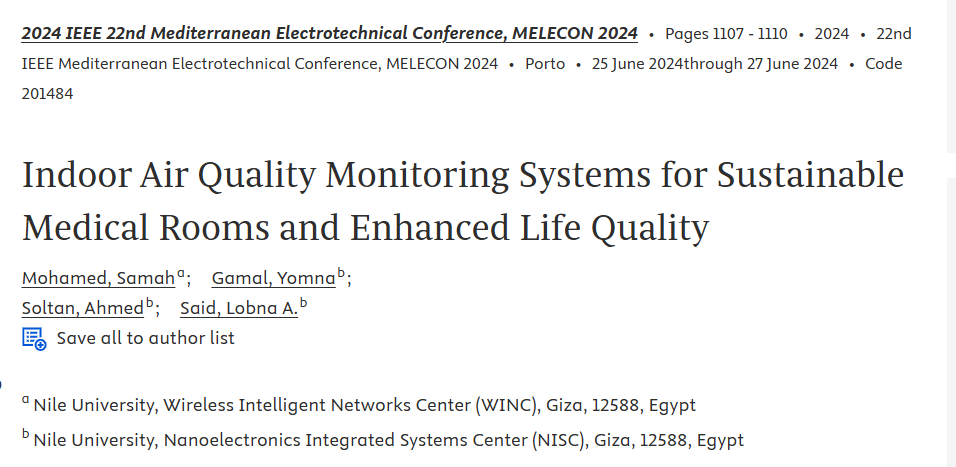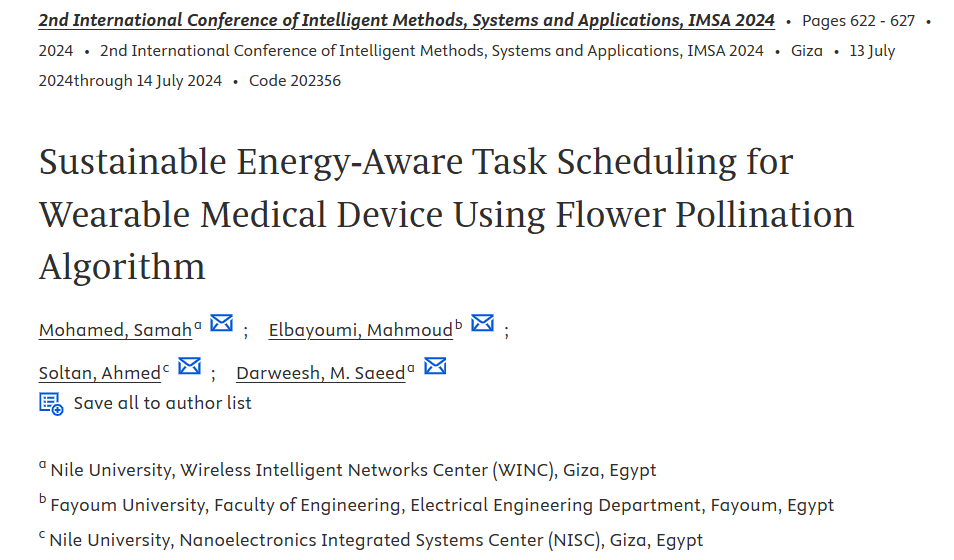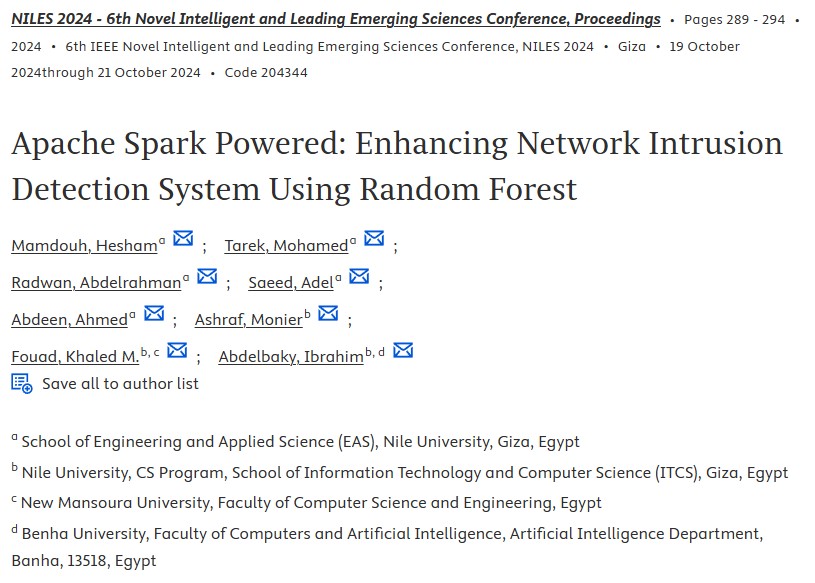Effective capacity and delay optimization in cognitive radio networks
In this paper, we study the fundamental trade-off between delay-constrained primary and secondary users in cognitive radio networks. In particular, we characterize and optimize the trade-off between the secondary user (SU) effective capacity and the primary user (PU) average packet delay. Towards this objective, we employ Markov chain models to quantify the SU effective capacity and average packet delay in the PU queue. Afterwards, we formulate two constrained optimization problems to maximize the SU effective capacity subject to an average PU delay constraint. In the first problem, we use the spectrum sensing energy detection threshold as the optimization variable. In the second problem, we extend the problem and optimize also over the transmission powers of the SU. Interestingly, these complex non-linear problems are proven to be quasi-convex and, hence, can be solved efficiently using standard optimization tools. The numerical results reveal interesting insights about the optimal performance compared to the unconstrained PU delay baseline system. © Institute for Computer Sciences, Social Informatics and Telecommunications Engineering 2015.




